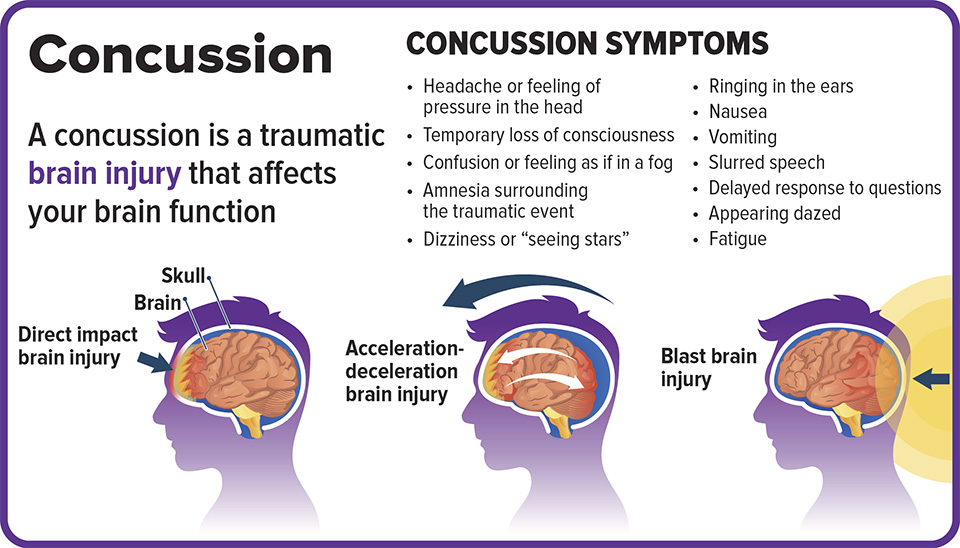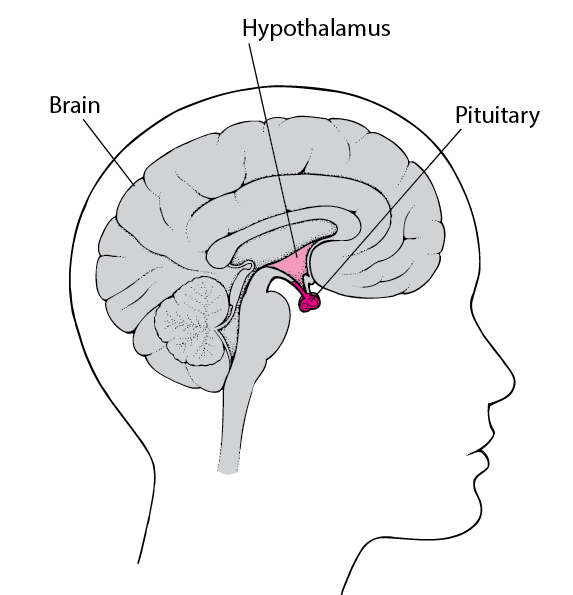

It’s a little less known fact that a traumatic brain injury (TBI), even if mild, can have an impact on pituitary function and subsequently cause hormonal imbalances that lead to various physical, mental, and emotional symptoms. The pituitary gland, located at the base of the brain, plays a crucial role in regulating the body’s hormonal system -thyroid, adrenals, ovaries/testes.
When a TBI occurs, the brain may experience direct trauma from an external force or suffer from sudden acceleration and deceleration forces, causing damage to brain tissue. This trauma can disrupt the normal functioning of the pituitary gland, leading to a condition known as post-traumatic hypopituitarism (PTHP).
PTHP occurs when the pituitary gland fails to produce or secrete an adequate amount of hormones due to the injury:
-
Physical symptoms: Hormonal imbalances resulting from pituitary dysfunction can affect multiple bodily functions. Some common physical symptoms include fatigue, weakness, weight gain or loss, changes in appetite, altered sleep patterns, sensitivity to cold or heat, and sexual dysfunction.
-
Mental symptoms: The pituitary gland also influences cognitive functions and mental well-being. Hormonal imbalances may contribute to difficulties with concentration, memory problems, slowed thinking, and impaired judgment. Additionally, individuals may experience mood swings, irritability, anxiety, or depression.
-
Emotional symptoms: The disruption of hormonal balance can lead to emotional instability and altered emotional responses. Some individuals may experience emotional lability, which involves unpredictable and exaggerated emotional reactions. They may become more easily frustrated, experience heightened emotional sensitivity, or have difficulty controlling their emotions.

